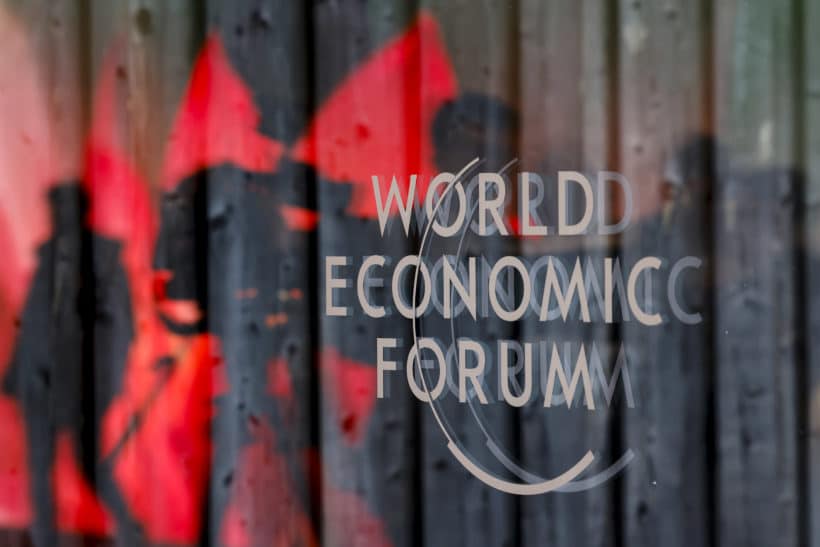
The events of the weekend in the Red Sea, when the US and UK navies launched strikes on the Houthis in Yemen, had cast a sense of gloom over the start of Davos 2024. By this morning, delegates were feverishly watching their iphones for more bad news, instead of confidently following economic indicators. If they did look at market trends, it was to see by how much the oil price was rising, whose supply chains had been interrupted (other than Tesla Germany) and whether the US federal reserve would be making noises about interest rate hikes in the light of the near impossible impasse in the Middle East.
A significant difference between Davos 2024 and the meetings of the last two years is the nature of the crisis or crises in the world. When Covid struck in 2020 and raged through 2021, the pandemic succeeded in unifying the human race and for the rich and powerful at Davos, there was something they could do about it. They could throw money at it. And it worked.
However optimistic the economic leaders gathered in Davos would want to be this week, they are painfully aware of the harsh reality that money cannot be thrown at today’s dilemmas. As always the annual general meeting of the World Economic Forum in Davos is not so much about what happens on the public stages and under the limelight, rather what is spoken about by delegates in private meetings and comments dropped in casual conversations. When the meeting began this morning, it was against the backdrop of a world divided and polarized along centuries’ old secular lines.
Who would have thought, a mere decade ago, that calamities like the cold war and the advent of the Covid pandemic would look like kindergarten stuff in comparison with the present state of the world.

